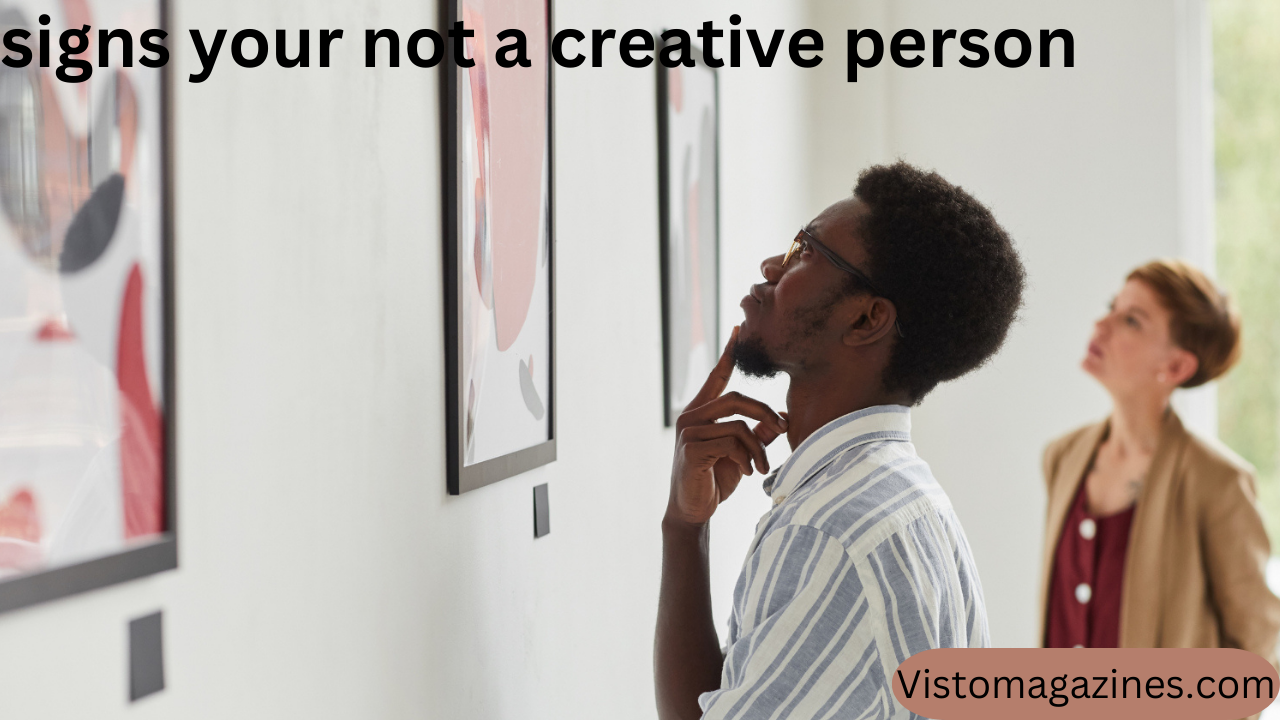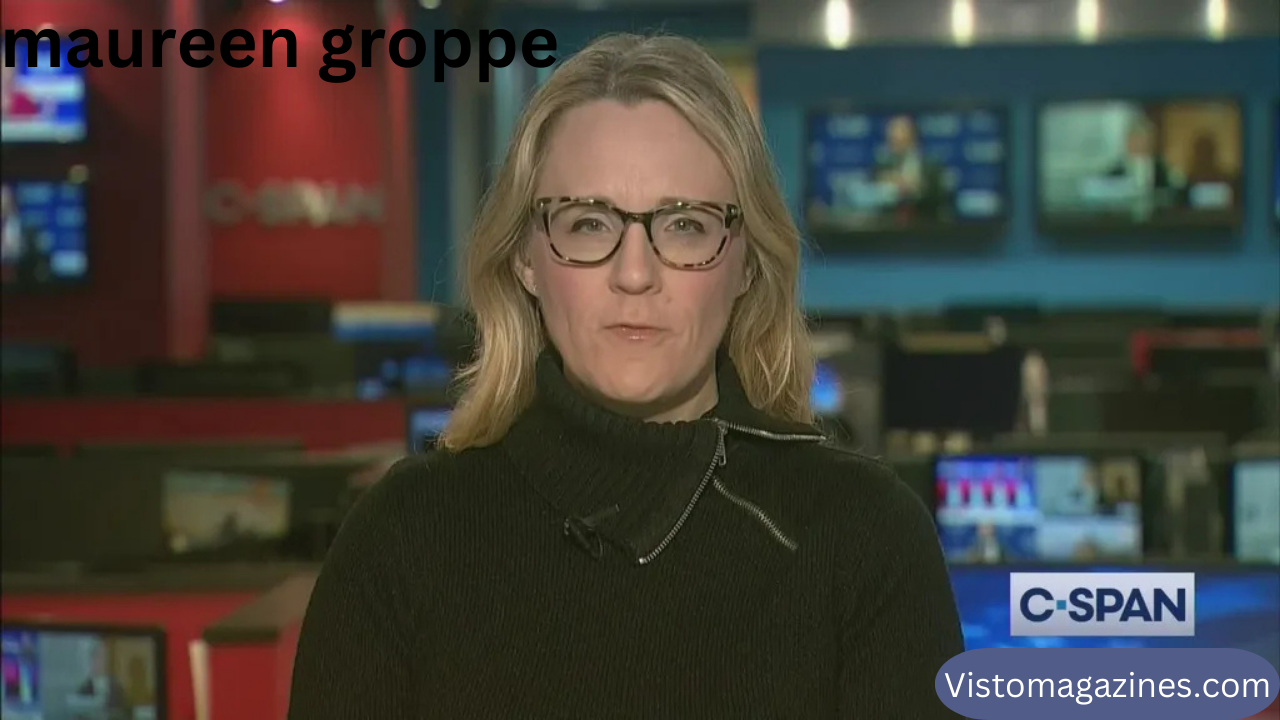Creativity is often heralded as a natural gift, something that flows effortlessly for some people while appearing to elude others. However, the truth is that creativity is a complex and multifaceted skill, one that can be nurtured over time. Still, there are several signs that may suggest you’re not tapping into your creative potential — or perhaps not as creative as you wish to be. In this article, we’ll explore the key signs that could indicate you’re not a creative person, offering a deeper understanding of where your creative energy may be lacking.
1. You Struggle with New Ideas
Creativity is often associated with innovation — the ability to generate new ideas, perspectives, and approaches. If you constantly find yourself struggling to come up with original concepts or feel stuck in a cycle of using the same ideas over and over again, it may be a sign that you’re not fully embracing your creative potential. While having a creative block now and then is completely normal, consistently being unable to think outside the box could indicate a lack of creativity.
Creativity thrives on novelty. When you don’t find it easy to explore new ideas or solutions to problems, it might suggest that you’re not tapping into the creative process. Creative individuals tend to approach challenges with an open mind, viewing them as opportunities to innovate. If you’re unable to do so, it might point to a deeper struggle with creativity.
2. You Avoid Risk and Change
One of the hallmark characteristics of a creative person is the willingness to take risks. Creativity often involves stepping outside of your comfort zone, experimenting with new methods, and not fearing failure. If you find yourself consistently avoiding anything that’s unfamiliar or challenging, it could be a sign that you’re not a naturally creative person, at least in the way creativity is often defined.
Creative people thrive on experimentation. They understand that failure is a part of the creative process, and they are open to adjusting their approach if something doesn’t work out. If you’re hesitant to try new things or stick strictly to what you know, this could limit your ability to think creatively and embrace new concepts.
3. You Prefer Routine and Structure
Many people thrive in structured environments, where routines and rules dominate their day-to-day lives. However, this preference for order and predictability can be a sign that you’re not tapping into your creative potential. Creativity often requires flexibility, the ability to adapt to new circumstances, and freedom to explore uncharted territory. If you prefer rigid structure and routines, you might be less likely to think in a creative or innovative way.
A lack of creativity can manifest in a strict adherence to known methods and an aversion to breaking away from the ordinary. Creative individuals, on the other hand, often embrace spontaneity and enjoy a degree of unpredictability, as this fosters new ideas and encourages unconventional thinking.
4. You Struggle with Problem-Solving
Creative people are often excellent problem solvers. They look at challenges from different angles, seeking new solutions and approaches. If you constantly struggle to come up with effective solutions or feel overwhelmed when faced with a problem, it might suggest that you’re not thinking creatively. Creativity involves seeing the world in different ways and considering multiple perspectives — something that may not come naturally to everyone.
In many situations, the ability to think critically and creatively is crucial for finding solutions. If you are someone who struggles to find innovative ways to solve problems or feels stuck in repetitive ways of thinking, it may indicate that your creativity isn’t fully engaged.
5. You’re Not Curious or Open-Minded
Curiosity is a key trait of creative individuals. Creative people are often naturally inquisitive, seeking out new experiences, information, and perspectives. If you find that you’re not particularly curious about the world around you, or you rarely seek out new learning opportunities, it might be a sign that you’re not fostering the mindset that fuels creativity.
Creativity often arises from exploration. When you’re not interested in learning new things or asking questions, you’re missing opportunities to challenge your thoughts and expand your understanding of the world. Without this curiosity, it’s difficult to engage in the kind of creative thinking that leads to new ideas.
6. You Struggle to See the Big Picture
Creativity often involves synthesizing various pieces of information and seeing connections between seemingly unrelated concepts. If you have difficulty looking at the broader context or struggle to see the bigger picture, it may indicate that your creative mind isn’t fully engaged. Creative thinkers are adept at making these connections, finding patterns where others might only see chaos.
If you often focus on small details and find it difficult to step back and look at a situation as a whole, you may be missing out on the creative spark that comes from seeing things from a broader perspective. Creativity is as much about finding meaning in the grand scheme of things as it is about paying attention to the finer points.
7. You Find It Hard to Adapt to New Technology or Trends
In today’s rapidly evolving world, creativity is often linked to the ability to adapt to new technologies, trends, and methods. If you find it difficult to keep up with changes or are resistant to learning new tools, it might suggest a lack of creative thinking. Creative individuals are often early adopters, eager to explore the possibilities that new technologies offer.
Whether it’s software, social media platforms, or innovative techniques in your field, creativity involves exploring these new tools and figuring out how they can enhance your work. If you’re stuck in the past, relying on outdated methods or avoiding new technology altogether, it could be a sign that your creative instincts aren’t being fully utilized.
8. You Lack Passion for Projects or Hobbies
Creative people are often deeply passionate about their interests. Whether it’s art, writing, technology, or any other form of expression, they throw themselves into their passions with enthusiasm. If you find that you’re unable to invest energy into projects or hobbies because they don’t excite you, this may indicate a lack of creativity.
Without passion, it’s hard to create. The creative process often requires a deep emotional investment in the work, something that can’t be forced. If you regularly lack the motivation or excitement to pursue activities you once enjoyed, it might be a signal that creativity isn’t flourishing in your life.
9. You Have a Fixed Mindset
A fixed mindset is the belief that your abilities are static and cannot be developed. This mindset can stifle creativity because it prevents you from seeing the potential for growth and improvement. On the other hand, a growth mindset allows individuals to embrace challenges and view mistakes as opportunities to learn.
If you feel like your talents are set in stone, or you’re reluctant to try new things because you fear you won’t succeed, this may indicate a lack of creative thinking. Creative people tend to have a growth mindset, where they see every challenge as a stepping stone towards mastery.
Conclusion
While it’s easy to think of creativity as an inherent trait, it’s important to recognize that creativity is a skill that can be developed and nurtured. The signs listed above may point to areas where your creative abilities are not flourishing, but they don’t have to be permanent. If you’re someone who feels disconnected from creativity, consider adopting new habits, exploring different activities, and working to cultivate a more open, curious, and risk-taking mindset. Creativity is something that can be awakened in everyone, but it often requires a conscious effort to break free from old patterns and embrace new ways of thinking.
If you recognize yourself in some of these signs, it may be a signal to reassess how you’re engaging with the world around you. The good news is that creativity is not limited to a select few — it’s a universal potential that, with effort and practice, can be unlocked in anyone.



